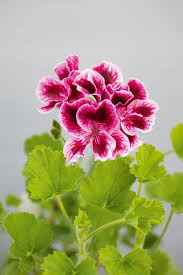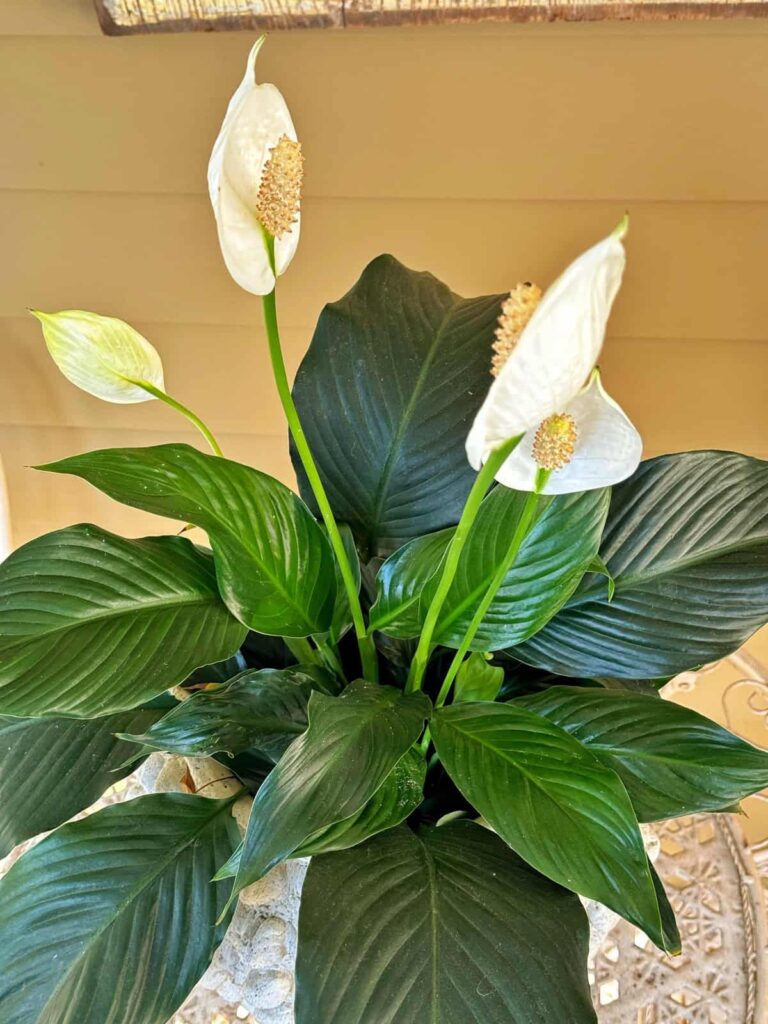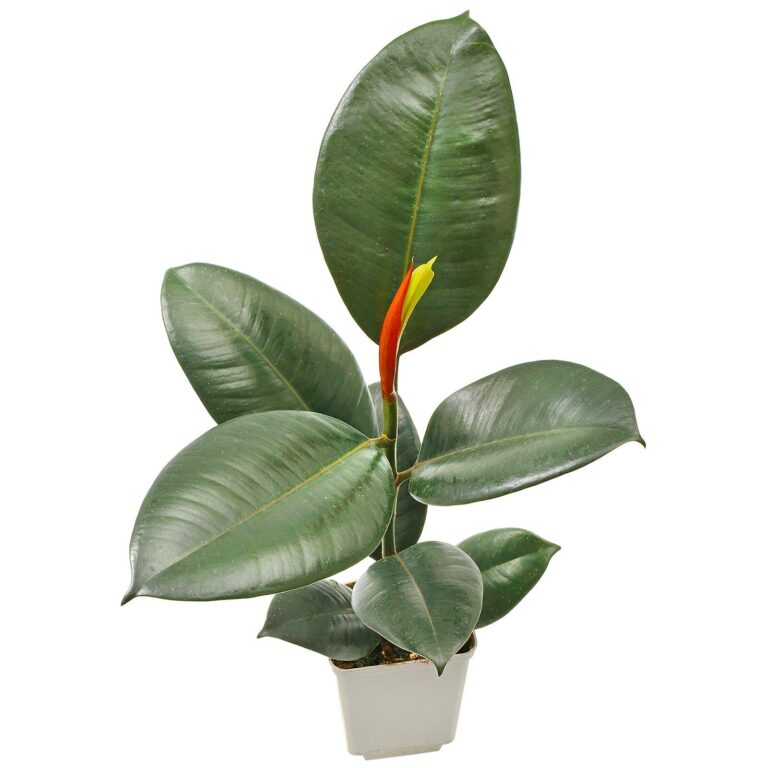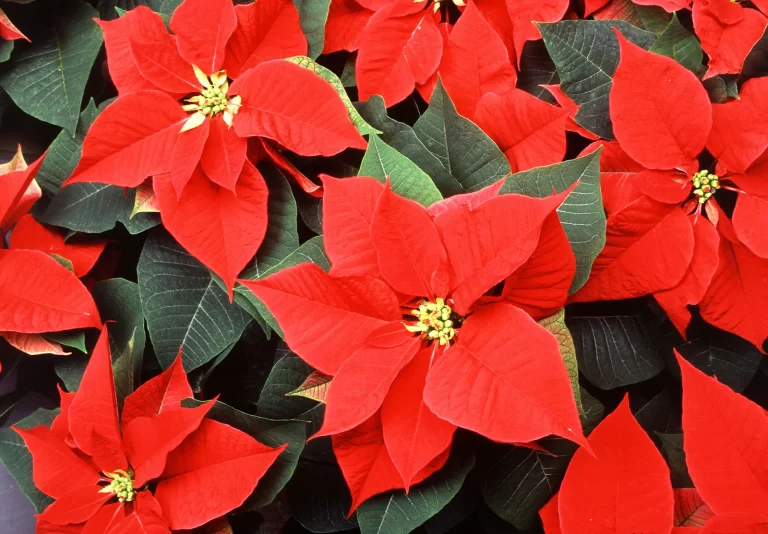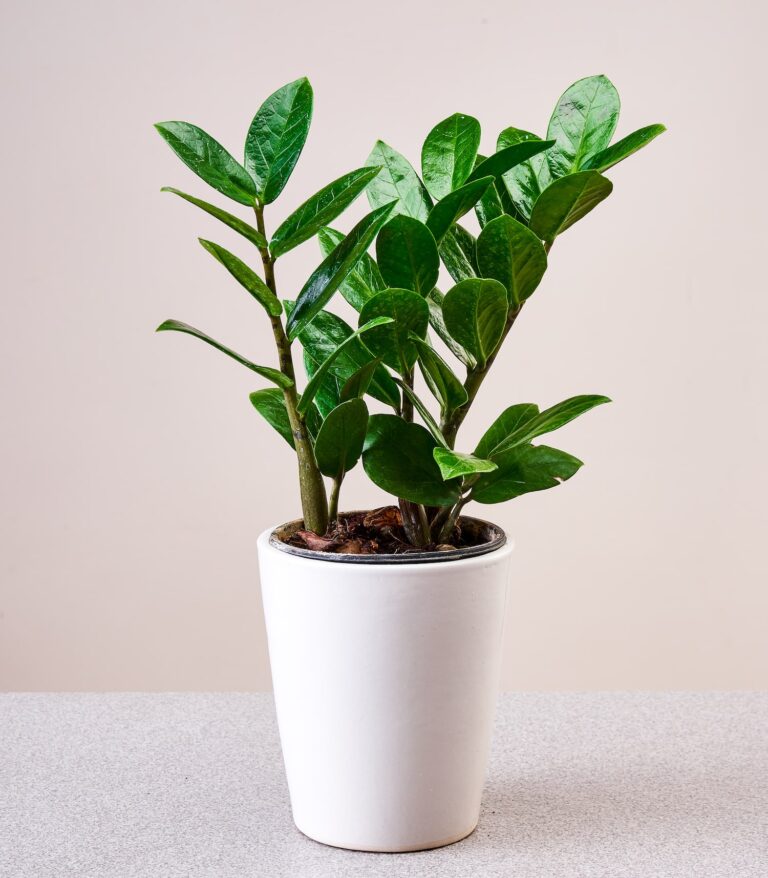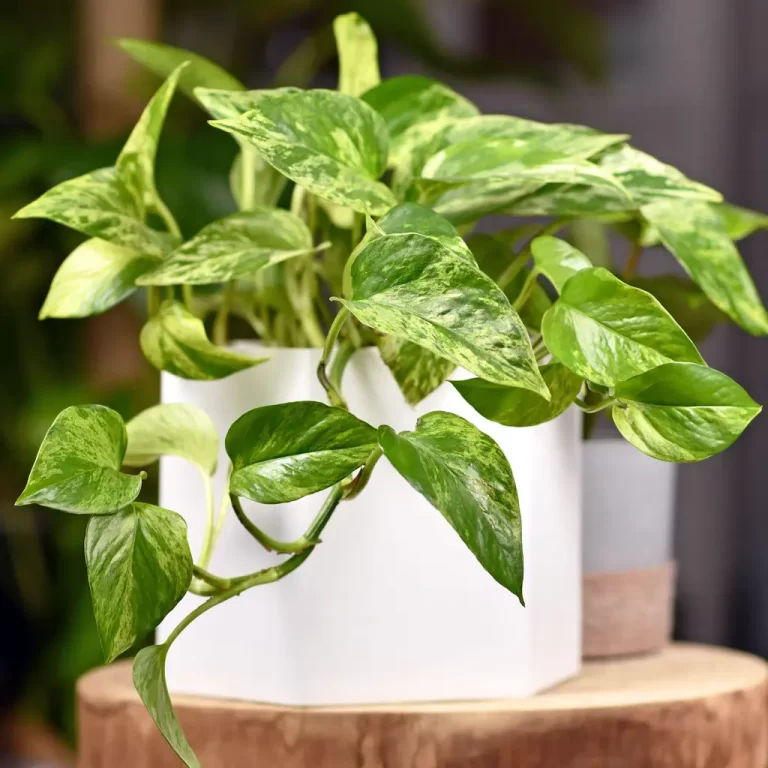The Enchanting World of Orchids: Beauty and Care Tips
The Enchanting World of Orchids: Beauty and Care Tips
“Growing orchids is not just about plants—it’s about connecting with nature in the most elegant way.”
Hello, orchid lovers! Have you ever dreamed of adding a touch of sophistication to your home with a plant? Orchids are the perfect choice, offering a stunning array of colors and an elegant presence. However, many people hesitate to grow orchids, thinking they are too delicate or difficult to maintain. The truth is, with a few essential care tips, anyone can enjoy the mesmerizing beauty of these exotic flowers. Let’s dive into the world of orchids and uncover the secrets to their care and cultivation!

Table of Contents
The Fascinating History of Orchids
Orchids have captivated human imagination for centuries. These exotic flowers are one of the oldest plant families on Earth, dating back over 100 million years. Ancient civilizations, from the Greeks to the Chinese, revered orchids for their beauty and medicinal properties. The Greek word orchis, meaning “testicle,” inspired the name of this plant due to the shape of its tubers. Meanwhile, in ancient China, orchids were associated with nobility, purity, and friendship.
During the Victorian era, orchids became a symbol of luxury and wealth. European collectors embarked on daring expeditions to tropical rainforests in search of rare orchid species, leading to the “orchid fever” that swept across Europe. Today, orchids remain one of the most popular flowering plants worldwide, valued not only for their breathtaking beauty but also for their fascinating history.
Popular Types of Orchids
With over 25,000 species and 100,000 hybrids, orchids come in a stunning variety of shapes, colors, and sizes. Some of the most popular types include:
| Orchid Type | Characteristics | Care Level |
|---|---|---|
| Phalaenopsis (Moth Orchid) | Long-lasting blooms, available in many colors | Easy |
| Cattleya | Fragrant, showy flowers often used in corsages | Moderate |
| Dendrobium | Tall stems with multiple small blooms | Moderate |
| Vanda | Brightly colored, thrives in hanging baskets | Difficult |
Essential Orchid Care Tips
Caring for orchids doesn’t have to be intimidating! By following these essential care tips, you can keep your orchids healthy and blooming for years:
- Light: Orchids prefer indirect, bright light. Avoid direct sunlight, which can scorch the leaves.
- Watering: Water once a week, allowing the roots to dry out between waterings.
- Humidity: Orchids thrive in 50–70% humidity. Use a humidity tray or mist the leaves occasionally.
- Repotting: Repot your orchid every 1–2 years using a special orchid mix.
Common Mistakes and How to Avoid Them
Even experienced gardeners sometimes struggle with orchids. Here are some common mistakes and how to avoid them:
| Mistake | Solution |
|---|---|
| Overwatering | Let roots dry between waterings to prevent rot. |
| Too Much Direct Sunlight | Place in bright, indirect light. |
| Using Regular Potting Soil | Use a well-draining orchid mix. |

How to Propagate Orchids
Orchid propagation is a rewarding process. Here are three methods:
- Keiki Method: Some orchids produce baby plants called keikis, which can be removed and replanted.
- Division: For sympodial orchids, divide the plant at the rhizome and repot.
- Stem Cuttings: Dendrobium orchids can be propagated through cuttings of mature stems.
Fun and Surprising Facts About Orchids
Orchids are full of surprises! Here are some fascinating facts:
- Orchids can be found on every continent except Antarctica.
- The vanilla bean comes from an orchid species.
- Some orchids smell like chocolate or cinnamon.

Frequently Asked Questions About Orchids
Most orchids should be watered once a week, allowing the roots to dry out between waterings. Overwatering is a common mistake that can lead to root rot.
Orchids prefer bright, indirect sunlight. Direct sunlight can scorch their leaves, so placing them near an east or south-facing window with sheer curtains is ideal.
Yellowing leaves can be a sign of overwatering, too much direct sunlight, or natural aging. Check your watering routine and ensure the plant is not exposed to harsh sunlight.
Orchids should be repotted every 1–2 years or when the potting medium starts breaking down. Signs that repotting is needed include overcrowded roots or water not draining properly.
After the blooms fall off, trim the stem above a node and provide cooler nighttime temperatures. Proper lighting and regular feeding can also encourage reblooming.
No, most orchids, including Phalaenopsis orchids, are non-toxic to cats and dogs, making them a safe choice for pet-friendly households.
Final Thoughts
Orchids are truly remarkable plants, bringing elegance and charm to any space. While they may seem intimidating at first, they are quite easy to care for once you understand their basic needs. By avoiding common mistakes and following essential care tips, you can enjoy vibrant and healthy orchids all year long. Whether you’re a beginner or an experienced grower, there’s always something new to learn about these fascinating flowers.
Have you had success growing orchids? Do you have any tips or experiences to share? Let us know in the comments below!


